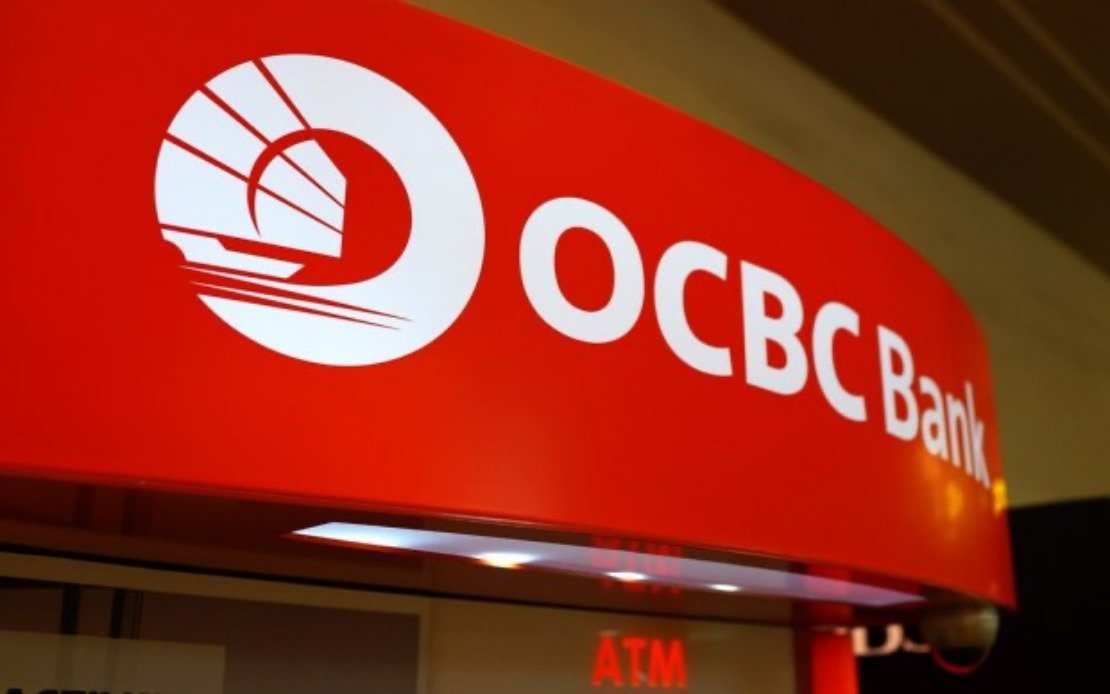News
High likelihood for budget recalibration, says OCBC
By Farhana Poniman
KUALA LUMPUR, March 11 – The recent plunge in global oil price, driven by an acute demand dislocation and the lack of an OPEC agreement on production cuts, would likely bring about the recalibration of Malaysia’s 2020 Budget.
OCBC Bank economist (Global Treasury Research & Strategy) Wellian Wiranto said there is a high likelihood for this to happen given how quickly global and domestic conditions have shifted.
“Oil price, for instance, has slumped considerably in the past week. Given its role as a key contributor of government revenue, that would have a significant impact on total receipts.
“With growth momentum slowing down considerably, the need to find ways to stimulate the economy has also increased,” he told Bernama.
He said the lack of fiscal space would mean that the government probably has to re-prioritise spending, and perhaps put some big projects in the backburner for now if it remained keen on keeping the fiscal deficit relatively contained.
The 2020 Budget that was announced by the previous Pakatan Harapan government assumed a RM50.5 billion revenue from oil and gas, which made up a hefty 20.7 per cent of the total revenue.
He said while the US$62 per barrel average oil price assumption back at the time was realistic, it is decidedly a lot less now, with Brent threatening to break below US$30 per barrel at one point after Saudi’s shocking move to increase production for market share over the weekend.
“Going by our calculations, for every dollar move in Brent prices per barrel, petroleum revenue from the more elastic petroleum royalty and income tax (that is, excluding dividends) would change by US$140 million or around RM590 million by the current exchange rate,” he said.
In a dire scenario where oil price stays this low throughout the year and pulling the 2020 average down to US$32 per barrel - which is a full US$30 lower than the budget assumption - would translate to a US$4.2 billion drop in oil revenue.
Meanwhile, Maybank IB Research said its sensitivity analysis showed a US$10 per barrel drop in crude oil annual average price would reduce the government’s oil-related annual revenue by RM7 billion, raise budget deficit to gross domestic product (GDP) ratio by 0.45 percentage point and cut current account surplus by 0.15 percentage point.
To recap, the research house said the 2016 Budget (when Brent crude slumped to US$26 per barrel on Jan 20, 2016) was recalibrated via RM8 billion-RM9.5 billion spending cuts to keep the budget deficit to GDP ratio target at 3.1 per cent as revenues were estimated to fall by RM7.8 billion-RM9.4 billion.
The budget recalibration in 2016 was done on the back of downward revisions in 2016 real GDP growth forecast to 4.0-4.5 per cent from 4.0-5.0 per cent previously, as well as, the decline in average crude oil price assumption to US$30-35 per barrel from US$48 per barrel.
“Actual economic growth, average crude oil price and budget deficit to GDP ratio that year were 4.4 per cent, US$44 per barrel and 3.1 per cent respectively,” it added.
-- BERNAMA
Other News
Sarawak Lepasi Sasaran Kapasiti Gabungan Tenaga Boleh Baharu Tahun Ini - Abang Johari

Oleh Nur Ashikin Abdul Aziz
SINGAPURA, 21 Okt (Bernama) -- Sarawak mencapai 62 peratus sasaran campuran kapasiti tenaga boleh baharu (TBB) tahun ini, melepasi sasaran 60 peratus yang digariskan dalam Strategi Pembangunan Pasca COVID-19 (PCDS) 2030.
Sarawak Pacu Pertumbuhan Tenaga Boleh Diperbaharui Untuk Manfaat ASEAN - Premier

SINGAPURA, 21 Okt (Bernama) -- Sarawak komited menyokong peralihan tenaga boleh diperbaharui di Asia Tenggara dengan memanfaatkan potensinya sebagai "Bateri ASEAN," yang akan membekalkan tenaga bersih menerusi sambungan Grid Kuasa Borneo dan ASEAN.
Belanjawan 2025 Percepat Peralihan Kepada Tenaga Bersih - Solarvest

KUALA LUMPUR, 19 Okt (Bernama) -- Belanjawan 2025 merupakan satu langkah ke arah mempercepat peralihan kepada tenaga bersih di Malaysia, kata Solarvest Holdings Bhd.
© 2025 BERNAMA. All Rights Reserved.
Disclaimer | Privacy Policy | Security Policy This material may not be published, broadcast,
rewritten or redistributed in any form except with the prior written permission of BERNAMA.
Contact us :
General [ +603-2693 9933, helpdesk@bernama.com ]
Product/Service Enquiries [ +603-2050 4466, digitalsales@bernama.com ]
